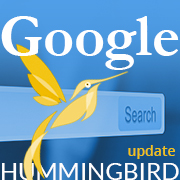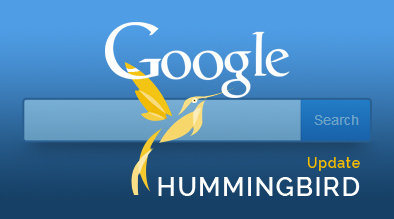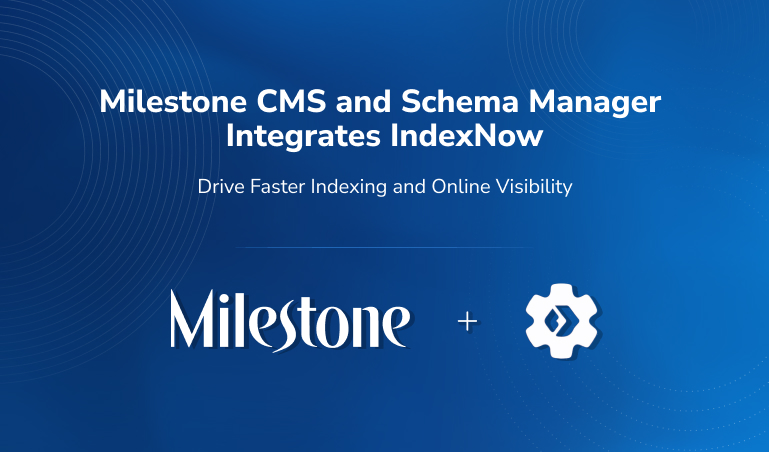 What is Hummingbird and What Changed?
What is Hummingbird and What Changed?
Paraphrasing Neil Armstrong, the Hummingbird release is one small step for a searcher, one giant leap for search technology.
Hummingbird release was stealthy. Searchers hardly noticed the difference. It was a small, almost invisible step in making the search results more useful to internet users. On the other hand, Hummingbird managed to affect 90% of search queries. It is the biggest change since the Caffeine release in 2010. It is a brand new algorithm that took the search technology one giant step closer to the Holy Grail that is Semantic Search.
Those who want to dive deeper into the technical aspects of Hummingbird algorithm, I suggest an excellent post by Bill Slawski, who analyzed the patent that might be the foundation of Hummingbird algorithm. Hummingbird is all about synonyms, queries formed as questions, and long tail keywords. The focus has shifted from actual keywords to the intent of the searcher. Google is trying to anticipate what results the searcher is expecting.
Google is also taking into consideration the device the searcher is using. Desktop queries are usually shorter, and are formatted as phrases. Queries coming from mobile phones are usually longer, in the form of a question, because people are saying those queries directly into their phones. Google analyzes the whole sentence now, determines the meaning behind it and produces the best answer with Hummingbird’s help.
The more visible change is that the search results now contain the actual answer – the content from the site. This means that the searcher might not click over to the actual website from the search results page, unless there is a good reason. Google is attempting to give answers to the internet users as quickly as possible. The capability to give the expected answer is integrated with Google’s Knowledge Graph.
If you still have questions, Danny Sullivan wrote a comprehensive post on Hummingbird in Q and A style.
How Can You Benefit From the Hummingbird Update?
If you have been doing long-term, content-focused SEO for your website, you have nothing to worry about. There are still a couple things you can do to take advantage of this new change.
If searchers are asking questions, give them answers. Even if the queries are becoming longer and more specific, there is a way to use those queries to generate content your audience is looking for:
- Use Google Webmaster Tools to look for most popular queries that brought people to your site. Create answers for them – FAQs, pages with answers, pages with questions, etc.
- Pay attention to reviews. They are often formatted as answers to questions given. Create content based on those questions.
- Conduct an interview with a client, expert or employee.
- Improve your site structure to have your most important content visible. Use schema to help search engines categorize and structure your data. If you have a video on your page, make sure that the surrounding text describes the answer you are giving in the video.
- Authorship will be more important because content is valued even more. If you have speakers or presenters or bloggers on your staff, getting authorship set up for them will be beneficial for the value of the content they create.
The Future is Bright!
Bottom line, the Hummingbird update attempts to de-emphasize the keywords people use in the query and focus more on the searcher’s intent – what do they expect to see in the search results. Therefore, the companies that know their audience and put their visitors’ needs first, will be benefit from this update the most. On the searcher site, the Hummingbird update benefits those who are using voice search and Google Now technology. Those people will be able to see better answers to their spoken questions.
Hummingbird is just the beginning in a series of updates that are coming. All of them will be focused on the user, on giving them the most accurate answer and creating the best possible experience because Google’s business model depends on it. They want to keep their lion’s share of the market, and they want to better integrate other properties (like maps, YouTube, Google Now) into search. All of that will allow them to serve even more relevant ads. Of course there is nothing evil about this, when all of the changes are done with their customer in mind!
____________________________
Contributed by Lyena Solomon, Director of Search, Milestone Internet Marketing



